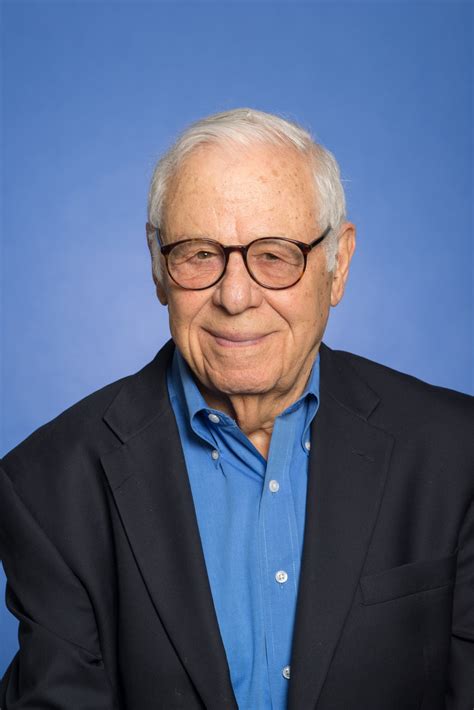A Quote by Narendra Modi
Education makes life self-reliant. It inspires man to live with dignity in the society. It is the foremost requisite of a teacher to identify his own virtues. He needs to live supported by his inherent virtues-and must continue to uphold them.
Related Quotes
To live his life in his own way, to call his house his castle, to enjoy the fruits of his own labour, to educate his children as his conscience directs, to save for their prosperity after his death -- these are wishes deeply ingrained in civilised man. Their realization is almost as necessary to our virtues as to our happiness. From their total frustration disastrous results both moral and psychological might follow.
The definitions of humanism are many, but let us here take it to be the attitude of those men who think it an advantage to live in society, and, at that, in a complex and highly developed society, and who believe that man fulfills his nature and reaches his proper stature in this circumstance. The personal virtues which humanism cherishes are intelligence, amenity, and tolerance; the particular courage it asks for is that which is exercised in the support of these virtues. The qualities of intelligence which it chiefly prizes are modulation and flexibility.
There must be only three supreme values which govern a person's life: Reason, Purpose, and Self-esteem. Reason, as his only tool of knowledge--Purpose, as his choice of the happiness which that tool must proceed to achieve--Self-esteem, as his inviolate certainty that his mind is competent to think and his person is worthy of happiness, which means: is worthy of living. These three values imply and require all of man's virtues, and all his virtues pertain to the relation of existence and consciousness: rationality, independence, integrity, honesty, justice, productiveness, pride.
Man—every man—is an end in himself, not a means to the ends of others; he must live for his own sake, neither sacrificing himself to others nor sacrificing others to himself; he must work for his rational self-interest, with the achievement of his own happiness as the highest moral purpose of his life.
Strength, Courage, Mastery, and Honor are the alpha virtues of men all over the world. They are the fundamental virtues of men because without them, no 'higher' virtues can be entertained. You need to be alive to philosophize. You can add to these virtues and you can create rules and moral codes to govern them, but if you remove them from the equation altogether you aren't just leaving behind the virtues that are specific to men, you are abandoning the virtues that make civilization possible.
Two ideas are psychologically deep-rooted in man: self-protection and self-preservation. For self-protection man has created God, on whom he depends for his own protection, safety and security, just as a child depends on its parent. For self-preservation man has conceived the idea of an immortal Soul or Atman, which will live eternally. In his ignorance, weakness, fear, and desire, man needs these two things to console himself. Hence he clings to them deeply and fanatically.
This sutra enjoins a rule of morality. It says nobody should be disrespected. A man can impress evdrybnody by his virtues. Disrespecting others means downfall of our own virtues. A person who disrespects others, in a way disrespect himself. A virtuous man does not disrespect his friend or vevn his enemy. Disrespect to enemy can investigate him toreact. The best thing is to destroy him completely. For a ruler this is very important.
With only one life to live we can't afford to live it only for itself. Somehow we must each for himself, find the way in which we can make our individual lives fit into the pattern of all the lives which surround it. We must establish our own relationships to the whole. And each must do it in his own way, using his own talents, relying on his own integrity and strength, climbing his own road to his own summit.
































